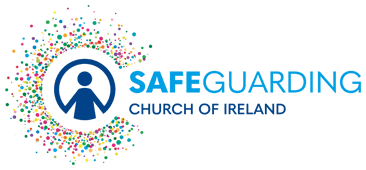Coercive control and vulnerable adults
In a recently published survey commissioned by Safeguarding Ireland in the Republic of Ireland, the following information on vulnerable adults/adults at risk was highlighted:
- 30% have witnessed coercive control and 13% have a personal experience
- Expanded laws on coercive control are needed to protect more people, particularly the vulnerable.
Greater public awareness is needed of coercive control after new research commissioned by Safeguarding Ireland found that 40% of people don’t understand this type of abuse.
In research carried by RED C on a representative sample of 1,000 adults, 25% said they were not familiar with coercive control at all, while 15% said they had heard the term but did not understand it. Just over a quarter (28%) said that they understood it.
When then provided with an explanation of coercive control – 30% said they had witnessed this happening to someone they knew and 13% said they had experienced it themselves.
However, Safeguarding Ireland Chairperson Patricia Rickard-Clarke said she believes coercive control to be even more prevalent because of the low level of understanding, particularly in relation to it occurring to vulnerable adults. “Domestic abuse within an intimate couple is widely reported to have increased significantly during COVID-19 and this is generally what is understood to be coercive control. However, coercive control is much broader than physical assault, can be subtle and can occur in any close adult relationship, with vulnerable adults particularly at risk.”
“Coercive control could be detaining a vulnerable person at home, keeping their phone from them, controlling their money or medical care, preventing contact with family and friends, or constant undermining of a person’s independence and making decisions on their behalf.”
“It is the use of threats, humiliation, intimidation, or assault to make a person dependent, to isolate them in order to exploit and deprive people of their rightful independence.”
The RED C research found that almost a quarter of cases witnessed occurred outside of intimate relationships including between frail older people and family members, or in the care of people with intellectual or physical disabilities either at home or in an institution.
Ms Rickard-Clarke continued to say that the law also needs to change to recognise that coercive control occurs outside of intimate relationships. “Our current laws only recognise coercive control as an identifiable crime in the setting of an intimate relationship between a couple. However, this research shows that despite a low level of understanding of coercive control, people can still readily recognise significant levels of this abuse in settings outside of intimate relationships. I suspect that, if understanding of coercive control was higher, people would identify an even higher incidence of it occurring, particularly involving psychological abuse of vulnerable adults.”
“Safeguarding Ireland is calling for our laws on coercive control to be expanded to include the coercive control of another person as a crime in any close adult relationship. This is particularly important for vulnerable adults.”
More information on coercive control is available on the Safeguarding Ireland website.
Safeguarding means living safely, free from abuse or neglect. It means our choices, particularly if we are vulnerable, are clearly heard and respected.
Further Information –
Safeguarding Ireland promotes safeguarding of vulnerable adults to protect them from was all forms of abuse by persons, organisations and institutions and to develop a national plan for promoting their welfare.


